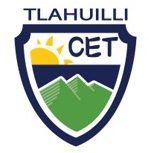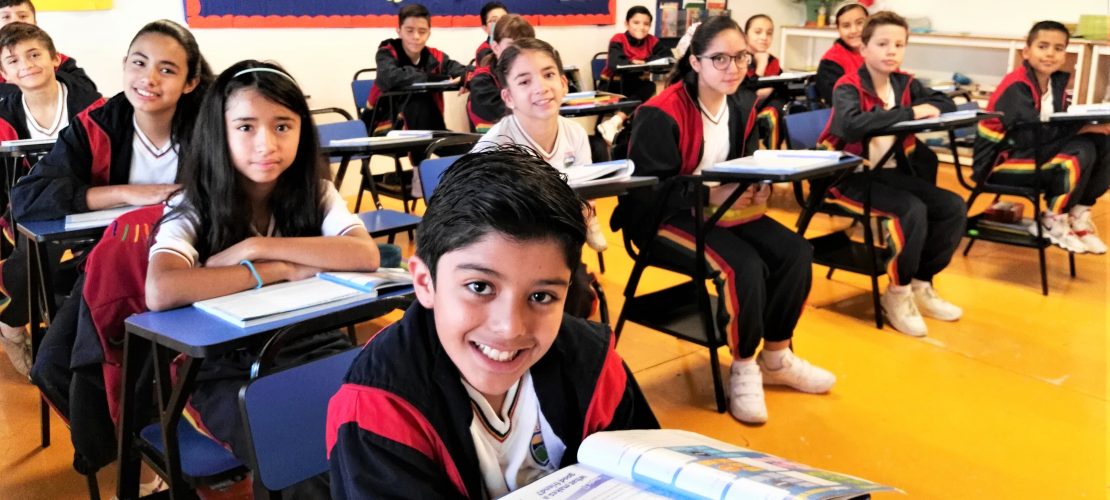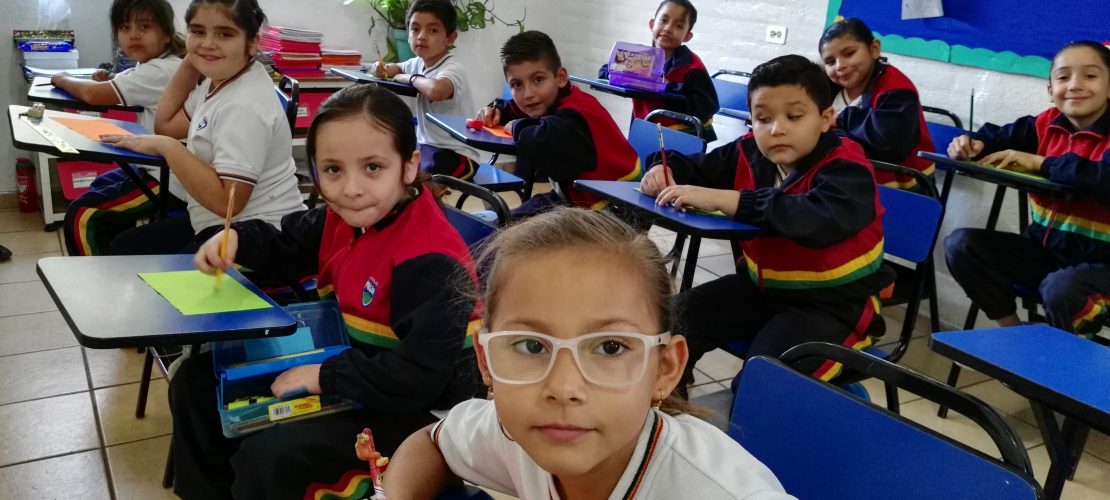Math
The application of the Approximate Didactic Model allows the child to learn by solving problems and various didactic games on which the little one will reflect throughout the school year.
This model favors the development of the child’s autonomy which is our main objective. We stimulate in the children the ability to bring up and solve problems, to anticipate and verify results, to communicate and interpret math information, to estimate results through mental calculation, to reinforce the skills in the use of measuring instruments as well as to stimulate abstract thinking through several forms of reasoning, among others, the systematization and generalization of procedures and strategies.
The general objective, then is to raise the learning quality by ensuring that the child is interested and finds meaning and functionality in his knowledge of math, to make sure that the student engages with subject to make himself an instrument that will recognize, bring up and solve the problems presented in everyday life.
Aware that the child learns how to relate to the world through games, we understand that play is, to a child, an activity that supports the emergence of symbolic language. During play, concepts and mathematical relationships are codified in the child’s mind in its natural way. Therefore, we first have the child construct the mathematical concepts in a concrete way. We find that the system of strips and geoboards is an excellent tool to acquaint the child with the construction of mathematical knowledge.
Through the manipulation and free or directed design of strips and geoboards that simulate real life things, the child learns about geometry as a basic structure to make sense of math and its relationship with the environment. Children engage in dialogue and listening to provide enriching feedback. They work as a team to monitor themselves and to manage a clear and concise language that goes from everyday language to universal mathematical language.
Giving continuity to math and geometry in preschool and elementary school accelerates the mathematical processes in the children, kindling in students the ability to analyze and appropriate new ideas and strategies in the construction of mathematical thinking within a dynamic feedback process that stimulates the heuristic process that leads the child to search an answer for himself.


